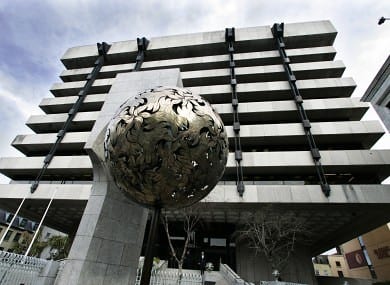by Andrew Carey
CENTRAL bankers and policymakers didn’t realise how much the financial institutions were interconnected and ‘who held what’ in the sub-prime market, the deputy governor of the Central Bank has said.
Stefan Gerlach told a conference at the University of Limerick that if the country had adopted a “macroprudential policy” it may have stemmed the rise of the bubble and not exposed the financial institutions to so much risk.
In the years leading up to the financial crisis in 2007 and 2008, Mr Gerlach said that indicator surveys carried out by the ECB showed that banks dropped their lending standards as new institutions entered the market.
Addressing the Kemmy Business School seminar on “reform in the wake of the crisis”, Mr Gerlach said that while there was little experience of it in this part of the world, the macroprudential approach had proven to be very successful in Asia.
“How could banks in Hong Kong survived a 77 per cent fall property prices without having this in place?”, he asked.
“A bubble is never obvious as it forms and this is why a macroprudential policy, which would have stemmed its rise, is helpful. The policy needs strong micro and macroprudential foundations to discourage the build-up of systemic risk and keep taxpayers safe in case the bubble bursts” he explained.
Stating that banks should raise capital from shareholders “because banking is risky business” Mr Gerlach added that banks holding more capital was sensible and they needed to realise this.
“If they don’t have enough capital when they get hit, it’s not pretty and that isn’t fair to the taxpayer. Banks that lend large amounts of money to a small number borrowers exposes its risk and liquidity and that was evident in the run up to the crisis”, he said.



